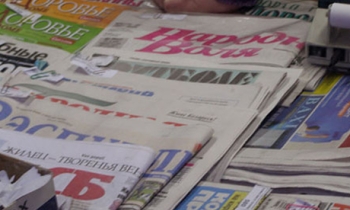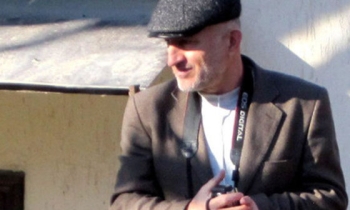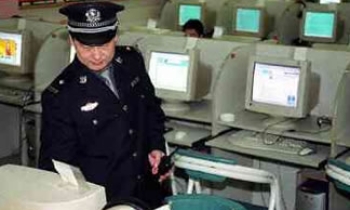(Reuters): Afghan television journalist Niloufar Habibi never wore the all-enveloping burqa until she was stabbed on her doorstep. Now it is her disguise.
More than six years after the overthrow of the Taliban, Afghanistan remains a deeply conservative country where many still oppose women working in public, visible roles.
"If I go outside people will see where I'm going and see what I'm doing," said Habibi, 20.
"I wear it (the burqa) to feel safe. I feel they are still after me."
Just over 10 days ago Habibi opened her front door to a woman dressed in a burqa asking for a glass of water.
As she turned to go to the kitchen the woman tore off the burqa, wrapped it around Habibi's head, and stabbed her in the abdomen.
"The next time I opened my eyes, I was in hospital," Habibi told Reuters in the western city of Herat.
Two women journalists were killed in Afghanistan last year and rights groups are concerned about the increase in violence.
"We are very worried about the growing number of attacks and threats against women journalists," said Reporters Without Borders, referring to Habibi's case.
"Action must be taken to put a stop to this violence."
For about a year Habibi worked as a journalist for Herat TV, a state-owned television station in her home town.
Reading the news, hosting cultural shows and interviewing high-profile Afghan figures made hers a recognisable face.
Days before Habibi was stabbed, she started receiving phone calls and text messages, asking her if she thought she was important now she was on TV.
The callers threatened to kill her if she did not stop working.
"At first I thought it was my friends joking around," she said. "But then I started receiving five to six messages and two to three phone calls a day, sometimes 12 o'clock at night.
"That's when I knew it was serious."
RAZOR BLADE
The police told Habibi to write down the callers' numbers and said they would visit her at work to investigate.
The next day, on her way to work, Habibi was stopped by two men on a motorbike and a woman and a man in a car. The group were carrying a gun, a knife and a razor blade.
"This one will finish you if you don't stop working," one of them said, showing her a bullet.
The woman in the group then slashed Habibi's right forearm with the razor blade several times as one of the men held her arm. They later dropped her off at her workplace with a warning.
"If you don't resign, we will kill you," the woman said.
The next day Habibi was stabbed.
"I don't know who they are," said Habibi. "But I think these are a group of people that don't want women to develop and go out and work, instead they want them to stay at home."
Under the Taliban, women were not allowed to work and television was banned. Habibi is educated and ambitious, and represents a new face of Afghan women in a troubled country.
But for conservatives, change is happening too fast.
"My only wish was to become a good journalist and be at the service of my people, but if the people don't understand that then what can I do?" she says.
Since being stabbed Habibi has not been going to work.
"What's more important: TV or my life?" she said.
Asked if she has hope for her country and the future, Habibi sounded defeated.
"What future, what country, what people?"









